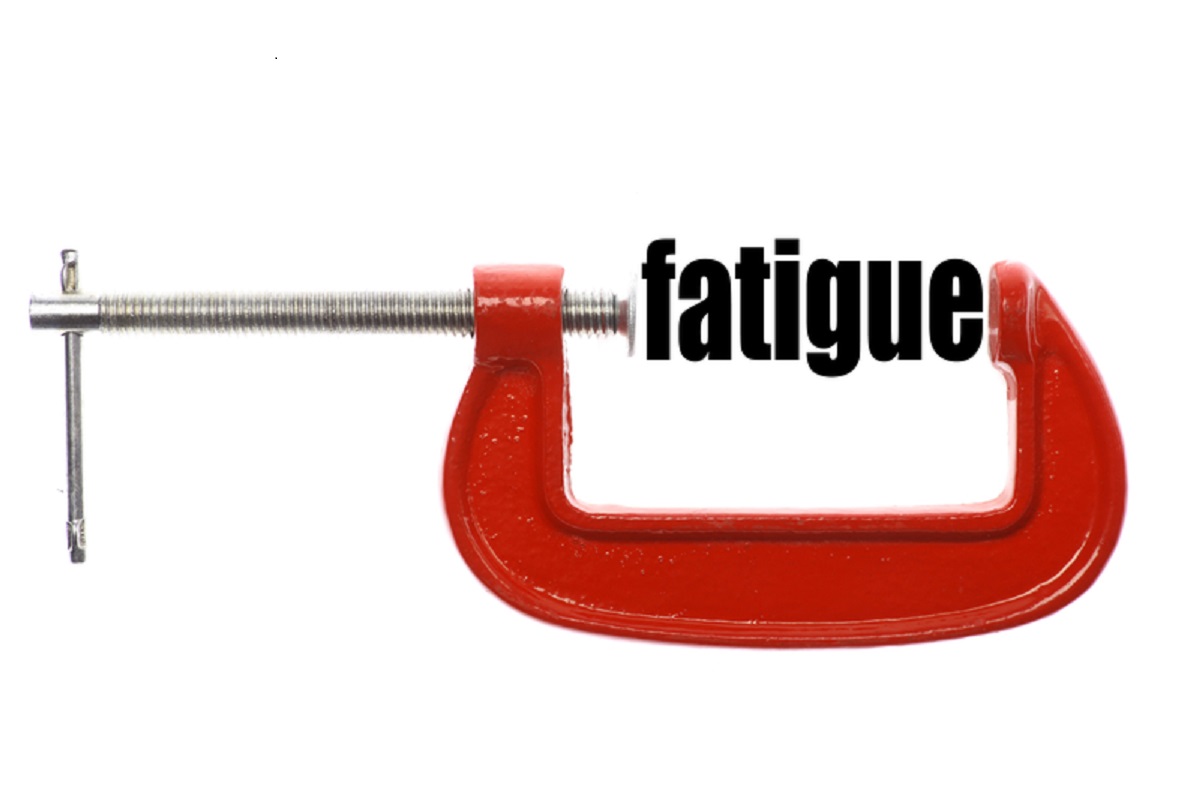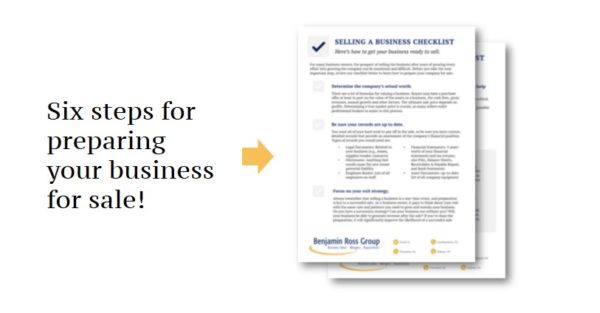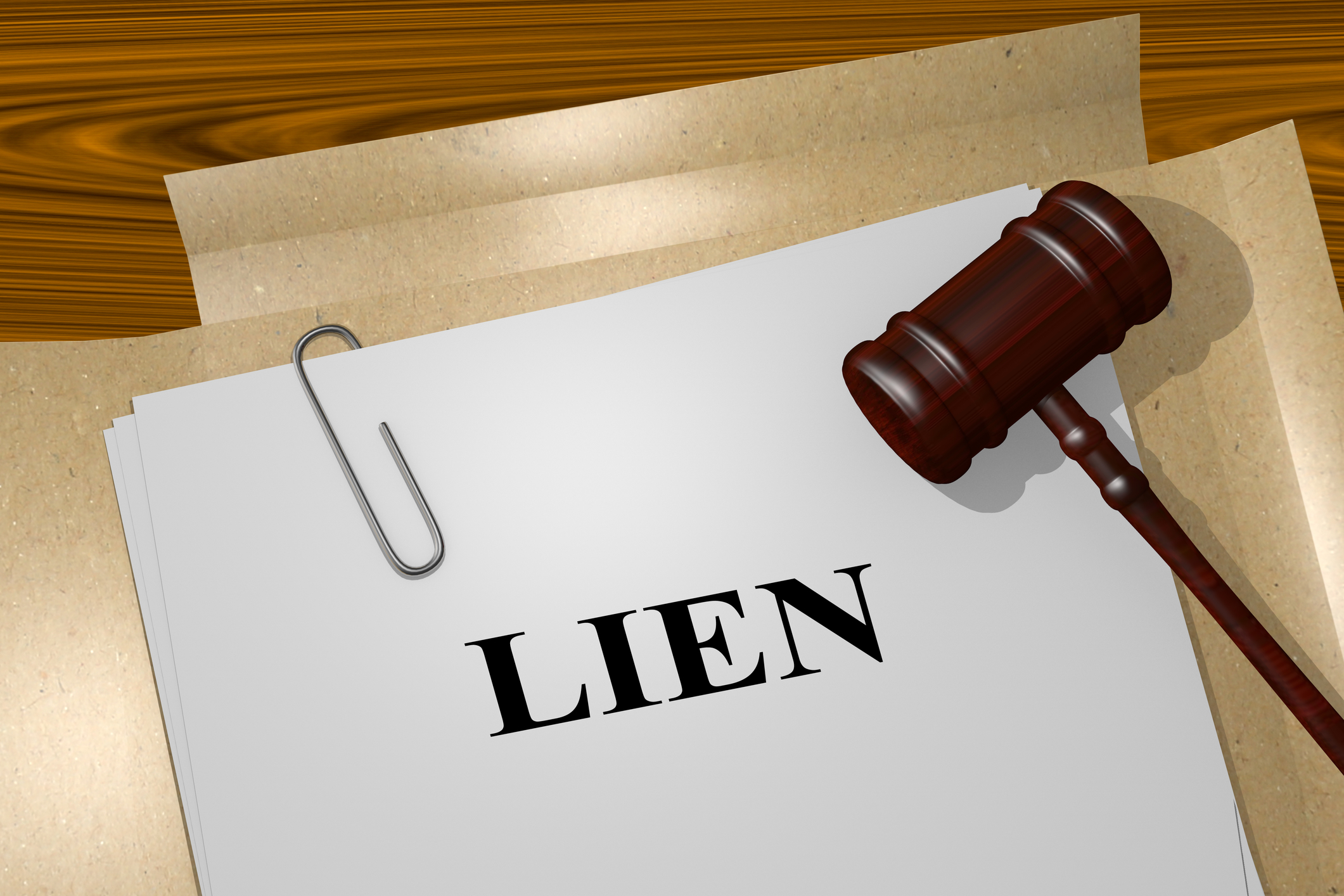You’ve found a great buyer, agreed on terms, and you are moving through the process of selling your business. Big sigh of relief! The worst is over. What could possibly go wrong? Deal fatigue!
Anyone who tells you a business sale process is quick, simple, and pain-free either knows something the rest of us don’t or is failing to be truthful. A successfully run process typically takes months to complete from beginning to end. Time needs to be allocated appropriately for the following:
- Preparing marketing materials
- Contacting multiple prospective buyers
- Negotiating initial deal terms
- Completing responsible due diligence
- Arranging financing
- Finalizing purchase agreement documents
There are hundreds of variables in every business sale transaction, and while the severity differs among transactions, nearly all business sale processes encounter some level of deal fatigue or the frustrated, irritated, exhausted feeling that arises when sellers and buyers work through the negotiations, due diligence questions, and mountain of paperwork required for financing the acquisition.
Here are some of the causes of deal fatigue, the effects it may have on a negotiation, and ways to minimize or avoid it.
Causes of Deal Fatigue When Trying to Sell Your Business
–A highly complex deal, one that requires significant back-and-forth with advisors over due diligence materials;
–Negotiations that drag on because the negotiators themselves are inexperienced;
–Especially frustrating tactics by either side in the talks to wring out the most possible concessions from the other side;
–Sustained renegotiations of price or other terms;
–The talks are complicated because too many parties are involved;
–A failure to have all due diligence documents in order, requiring checks and cross-checks of information;
–A change in the business climate during negotiations. Missing forecasts, losing key employees, or gaining or losing customers can all have a lengthening effect on the negotiations;
–Indecision on a point or points by either party;
–Anything outside the negotiations that serves to put the talks on hold; the parties will have to find out where they were when they finally get back to resuming the negotiations.
There are two primary negative outcomes deal fatigue can have when trying to sell your business:
- First, in the interest of moving the process along, the buyer or the seller might agree to less attractive terms than originally planned. For example, this could mean a lower price for the seller or a lower indemnification cap for the buyer.
- Second, the deal could fall apart entirely if the two sides can’t come to an agreement on sticking points. Deal fatigue can cause either side to dig their heels in on minor issues that would otherwise be points of compromise.
We find that deal fatigue can be avoided or minimized if both sides enter the talks in good faith. A skilled business broker/intermediary will set expectations with both buyer and seller beforehand and establish what is most important to everyone involved when negotiating the transaction. This will prevent getting fixated on negotiating insignificant details, as well as set expectations for specific terms each party deems more negotiable than others. The broker should set specific deadlines for getting certain aspects of the deal completed. However, neither party should be upset if details come up that cause a deadline to be missed. Nearly all deals are subject to unexpected hitches along the way, so be prepared for the process to take longer than expected. Taking these steps will help move the process along and greatly reduce or eliminate the chances of deal fatigue setting in, or even worse…the deal falling apart.
Need a professional to help plan a successful exit strategy?
A professional business broker can help you tackle this, along with other steps, based on the specific circumstances of your business.
You can also download our Selling a Business Checklist, which offers insight into how to get your business ready to sell:







